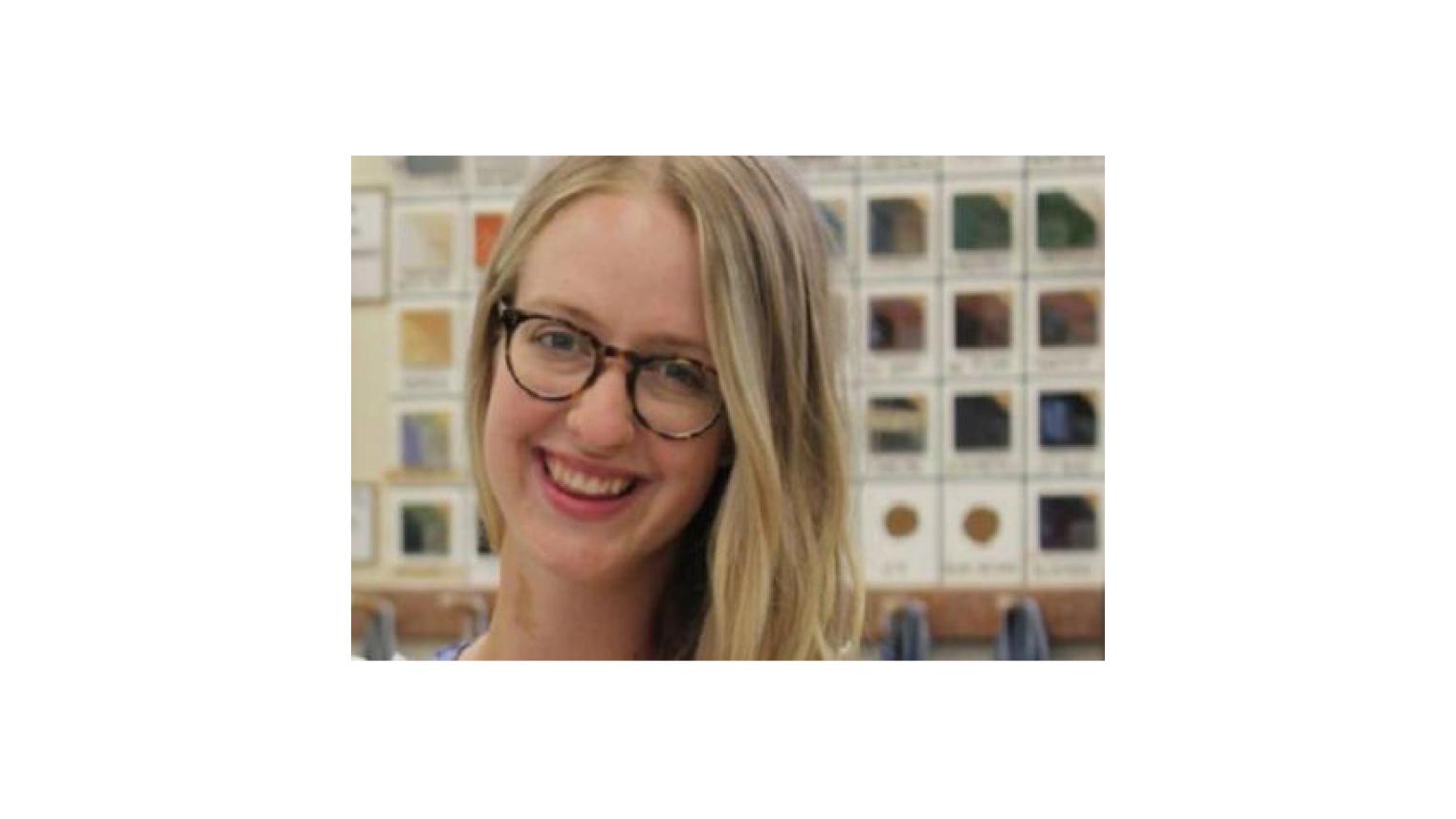Bianca Hennessy: Graduation Profile

Bianca Hennessy came to ANU from Newcastle in the hope of pursuing something a bit different from the usual Arts degree. In her undergraduate studies, she learned Vietnamese and majored in Southeast Asian Studies and Anthropology. From the beginning, she was exposed to an area studies approach that asks ‘what are the best tools to analyse this particular place?’, rather than just perpetuating a discipline.
In her fourth year, Bianca took a Pacific Studies course, as her anthropology major required her to do a course that wasn’t anthropology—something she wasn’t actually too thrilled about.
“I was a bit grumpy about that, and I enrolled in Pacific Studies without thinking much about it. But – to my happy surprise – I found the course centred on the ethics of research and unpacking the orientations of the researcher, the university and the student, vis-à-vis the field. It spoke to all the questions that my study to that point in time had generated.”
At the end of her undergraduate program, Bianca started to think; what it was about her experience that made her feel that Pacific Studies was for her? She soon realised she could write a whole thesis about it! Her supervisor agreed, and so Bianca stuck around. “This was the best place for me, and it just so happened that I was already here, but beginning my PhD was a process of actively choosing this community again.”
From that point on, Bianca said yes to all the opportunities my supervisor and Pacific Studies offered her. Her research was entered on the meta-analysis of the field of Pacific Studies. Instead of just looking at published material, she worked with the people who actually do Pacific Studies – academics, students and the community involved in it – using ethnographic methods.
This, in turn, took her to the Festival of Pacific Arts in Guam; to the University of Hawai’i to tutor a course for ANU students about Hawaiian Indigenous culture and sovereignty; to the University of Victoria in Wellington, to visit their Pacific Studies department; and to Fiji, to visit the University of the South Pacific’s Oceania Centre for Arts, Culture and Pacific Studies.
There aren’t many studies of academic communities, so there was no easy model for what Bianca took on, which she actually found strangely liberating.
“Pacific Studies at ANU is a good place for me because I can hover around a few different disciplines and immerse myself in different ways of thinking.”
The thing that Bianca learned about academic work and university jobs is that there are plenty of roles where you can use your research background in a university setting, but you are solving problems and connecting people at the same time.
“If you are in the right place, you have a supportive supervisor, and you have enough resources, you can be creative. As a PhD student you are expected to produce new knowledge as part of the next generation of emerging researchers. You can experiment with representing things differently, or thinking visually in a way nobody has before, or with using a technology in a new way. While a PhD can be very stressful, many people look back on their PhDs as the most creative era of their careers because it is a time to play with ideas and dive deep into issues you care about.”
Currently, Bianca works as a Research and Policy Officer at Australian Education Union ACT Branch.